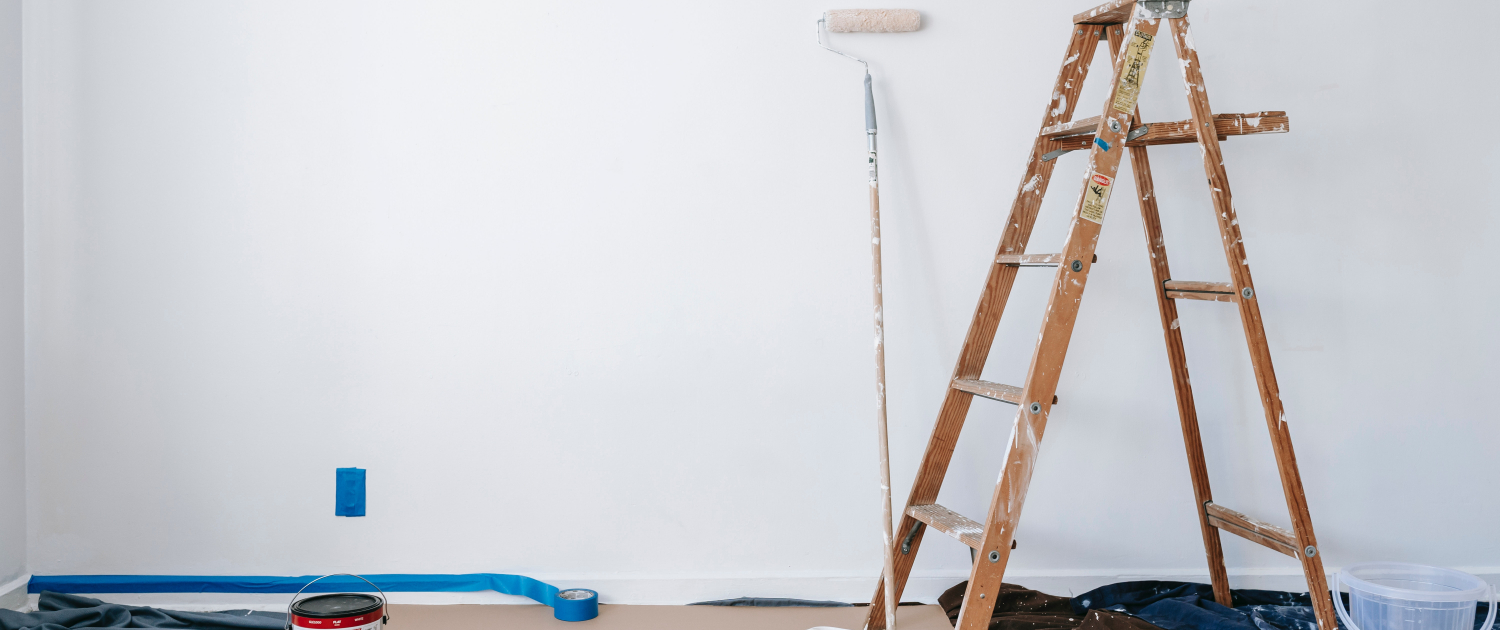House renovation
House renovation involves improving, remodeling, or repairing a home’s interior or exterior to enhance its functionality, aesthetic appeal, and overall value. The scope of house renovation can range from small-scale updates to major overhauls, depending on the homeowner’s needs and budget.
House renovation services can transform a dated, cramped, or dysfunctional home into a comfortable, functional, and aesthetically pleasing living space. By working with experienced professionals, homeowners can achieve their desired results within their budget and timeline.
Kitchen Renovation
Kitchen renovation services involve the process of remodeling or upgrading an existing kitchen to improve its functionality, aesthetics, and overall value. This can include a wide range of tasks such as installing new cabinetry, countertops, appliances, changing the layout, updating the plumbing and electrical systems, and repainting or wallpapering the walls.
Bathroom Renovation
Bathroom renovation services involve the process of remodeling or upgrading an existing bathroom to improve its functionality, aesthetics, and overall value. This can include a wide range of tasks such as installing new fixtures, changing the layout, updating the plumbing and electrical systems, replacing tiles or flooring, and repainting or wallpapering the walls.
House Renovation
House renovation involves improving, remodeling, or repairing a home’s interior or exterior to enhance its functionality, aesthetic appeal, and overall value. The scope of house renovation can range from small-scale updates to major overhauls, depending on the homeowner’s needs and budget.
When to consider HOME RENOVATION?
- Outdated appearance: A home with outdated features, such as old appliances, faded paint, or worn flooring, may be a sign that it’s time for renovation. Upgrading these features can improve the home’s appearance and functionality.
- Poor functionality: If a home’s layout or design is not meeting the needs of the homeowner, renovation may be necessary. For example, a small, cramped kitchen may need to be expanded or reconfigured to provide more workspace and storage.
- Structural issues: If a home has structural issues, such as a leaky roof, foundation problems, or outdated electrical or plumbing systems, these issues should be addressed through renovation to ensure the safety and integrity of the home.
- Energy inefficiency: If a home is not energy-efficient, it may be time for renovation to improve insulation, replace old windows and doors, and upgrade heating and cooling systems. This can lower energy bills and improve comfort.
- Change in lifestyle or needs: If the homeowner’s lifestyle or needs have changed, renovation may be necessary to accommodate these changes. For example, a growing family may require more bedrooms or additional living space.

